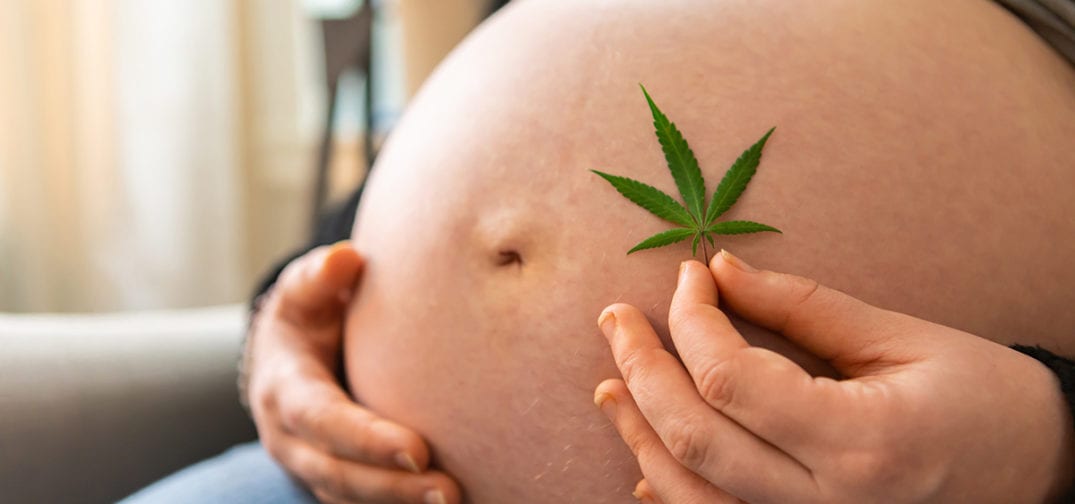A study published this month in medical journal Frontiers in Psychology suggests that there is no current evidence to suggest “that prenatal cannabis exposure alone is associated with clinically significant cognitive functioning impairments.”
The researchers analyzed 40 studies spanning 30 years examining prenatal cannabis exposure in humans until December 2017 – paring down the list from an initial 1,604, the majority of which “did not meet inclusion criteria and were excluded.”
“In general, prenatal cannabis exposure was associated with few effects, negative or positive. Of the 1,004 cognitive outcomes assessed, children with prenatal cannabis exposure performed more poorly on 34 (3.4 percent) and better on 9 (0.9 percent) when compared to a control group.” – “Totality of the Evidence Suggests Prenatal Cannabis Exposure Does Not Lead to Cognitive Impairments: A Systematic and Critical Review,” May 8, 2020
The researchers – from New York and Australia – noted that one 2008 study did conclude that “prenatal cannabis exposure ‘has a significant effect on school-age intellectual development’ and ‘could impair a child’s academic functioning,’ but the authors of the analysis warned that the 2008 study’s conclusion “should probably be tempered” due to “differences in maternal cognitive ability, poverty, and home environment.” The authors point out that “poverty adversely affects children’s cognitive development” and that the study did not weigh preschool and daycare attendance by children because that information was not available to all participants of the study.”
“This makes it difficult to determine the extent to which the current findings overlap with those of an earlier investigation by this group of researchers, which found that preschool and day-care attendance mediated the relationship between prenatal cannabis exposure and cognitive functioning,” the authors of the Frontiers-published study said.
The authors also note that most studies did not confirm cannabis use during pregnancy “either quantitatively or with drug testing,” instead relying on the self-reporting of mothers. Most of the previous studies also lacked data on when during the pregnancy the mother stopped using cannabis, which the authors indicated “could be important for understanding any potential impacts on a developing fetus.”
Women, the authors note, are jailed for drug-law violations at a higher rate than men in federal and state prisons and county jails. Incarcerated pregnant people are often denied prenatal care, and children are often separated from them shortly after birth, they said.
In states that have decriminalized or legalized cannabis, parental use is punished, especially in Black and Latinx communities, the authors wrote.
“Parents have been harassed and threatened into mandatory drug treatment programs by the New York City child welfare agency, for example,” the authors point out in the study. “Police in Kansas have taken away children from medical marijuana patients. And drug-related child welfare cases have in fact increased in Colorado since it legalized marijuana in 2012.”
The authors conclude their study suggests that the assumption that “prenatal cannabis exposure causes persistent deleterious effects, especially on cognitive functioning” should be reevaluated “to ensure that our assumptions do not do more harm than the drug itself.”
Get daily cannabis business news updates. Subscribe
End
